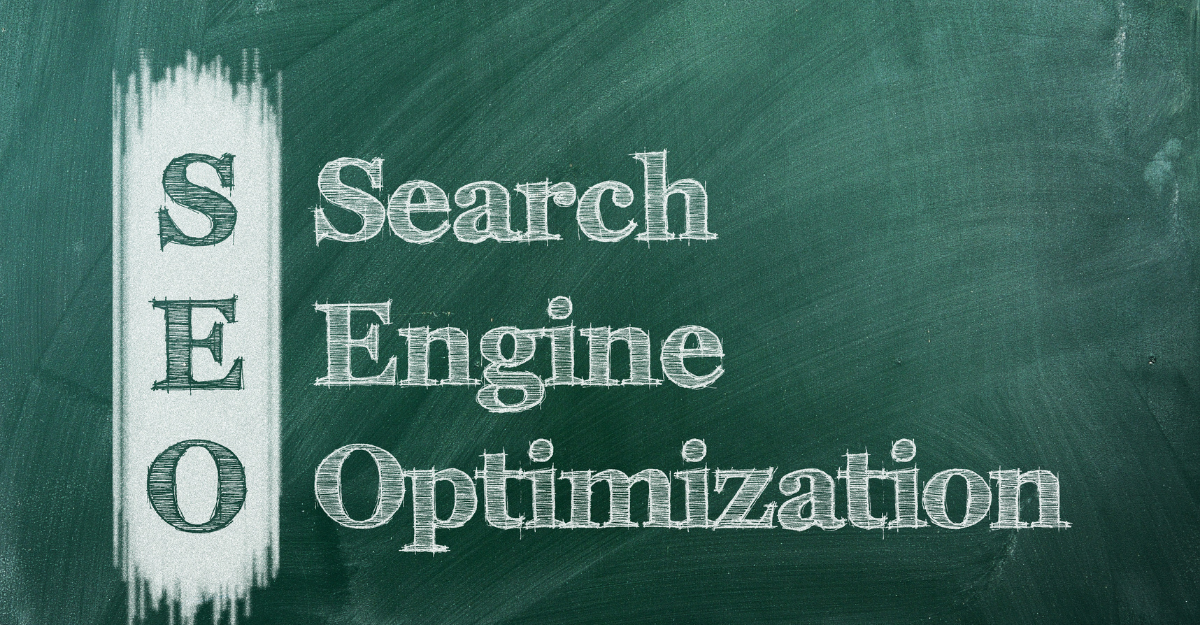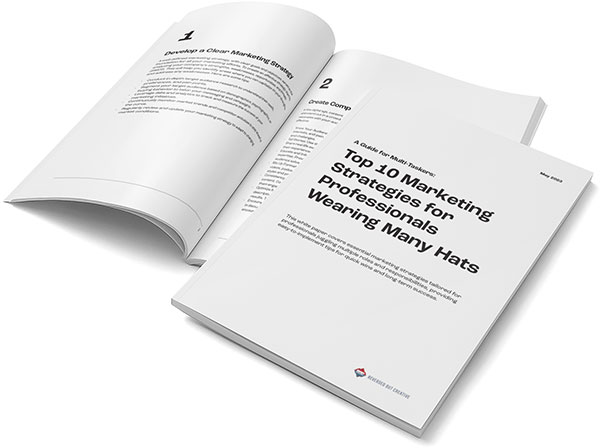
Over the last few years, the eCommerce industry has outgrown all the expectations of industry experts. Where the markets got closed facing the Pandemic issue, there the online market kept growing to the scales we never imagined. This gave a new yet old playground to businesses all across the globe to play on. With the rise in the number of eCommerce stores, the competition has also risen to the level that was unexpected. The eCommerce businesses face so many hurdles today that can be overcome by a simple yet effective solution – eCommerce SEO. Using the right eCommerce SEO techniques you can push your business website to the top of the SERPs (Search Engine Result Pages), reaching more and more potential customers and leaving your competitors behind.
In today’s world businesses are not just competing with each other offline, creating new and useful products but the war is continuously accelerating on the online front. The eCommerce SEO services are the weapons using which you can win the war.
Here, in this piece of article, you will find the most efficient eCommerce SEO techniques that can help you reach heights online.
Best eCommerce SEO Tactics to Follow in 2021
- Keyword Research Plan
- Customer Intent
- Usability Issues
- Security
- Content Plan
These are 5 major things that you need to focus on while doing eCommerce SEO. Here, we are going to take you through each of these points one by one.
So, let’s begin…
- Keyword Research Plan – Keywords are, as the name suggests Key Words that your customers might be using to find the products you sell. Finding the right keywords is the first challenge that one faces during eCommerce SEO. Here, is how you can create an effective Keyword plan for your eCommerce store.
Different types of keywords you need in your plan –
- Commercial keywords
- Informational keywords
- Navigational keywords
For those who know nothing about keywords, this might be like gibberish to them. Don’t panic, we are going to help you understand everything.
- Commercial keywords – These are the keywords that are used to indicate the desire of a customer to purchase a product. These usually are the terms with Buy, Purchase, or Price. These few terms might refer to the buying intention of the customer. It is a must that you have these commercial keywords in your keyword plan if you don’t want to lose business to your competitors.
- Informational keywords – These are mostly the type of keywords that are designed to deliver information. For instance, the terms like how to, tutorial, tips, etc comes into this category. This again is essential to have to show your dominance over the field.
- Navigational keywords – Keywords that are in direct relation with a brand, product, or location come under the category of navigational keywords. So, while making an eCommerce SEO strategy, you need to consider these types of keywords too in the plan.
Note – 80% of searches on Google are made using Informational Keywords leaving 10% for navigational and 10% for commercial keywords.
So, one thing is clear from here that you being an eCommerce store owner has to find a set of keywords including all three categories defined above.
2. Customer Intent – Optimizing the website is no more enough to drive results on the search engine. It has become clear in 2021 that one needs to optimize their website considering the intent of the people searching your business.
What is the search intent?
Search intent is the reason behind every search that happens on the search engine. It basically elaborates on the purpose behind the conducted research, this will help you determine the type of search query customers are using.
Here is how you can determine the search intent –
i) Analyze the nature of the search – Most of the keywords tend to reveal the intention in itself. For example, the commercial keywords we talked about earlier showed the intention of buying while the informational ones were just for the knowledge gathering intention. So, while creating an eCommerce SEO strategy, make sure that you know what the search intent of your customer is.
ii) Look at CPC of the chosen keyword – Google determines a keyword’s cost-per-click (CPC) by their demand; the higher the demand (i.e., the higher the number of advertisers bidding for it), the more it costs. A keyword’s profitability generally determines demand. Thus, keywords with high CPC tend to convert better, which are often commercial keywords.
It is important that you consider this while optimizing the following things for the selected keywords –
- Page title
- Body Content
- URL
- Alt-Tags
- Internal Links
3. Usability Issues
Every big and successful eCommerce stores have one thing in common – They have a platform that is very easy to shop from. This in turn has helped them get more customers. Hence, if you are working on eCommerce SEO, paying attention to improving the user experience would help.
In fact, recently Google have also mentioned how it is preferring to rank the websites that have good user experience.
But the question is – what to do to improve the user experience of my eCommerce platform?
For this, you need to track the visitor’s behavior on your website. This can be easily measured using – Session recording tools, Quantiative analytics tools, and Qualitative analytics tools. Where, session recording tools will help you record random number of visitors & show everything they do in your store, there quantitative aalytics will tell you about the pages with highest exit rate. On the other hand, qualitative analytics will help you determine the experience visitor had on your store.
4. Security
Since, it is your business online, securing it must be your priority anyways. Using HTTPS will help make your site more secure from the risk of being attacked by hackers. In addition to that, Google will also prefer to rank your website if you have a security certificate. Remember that since payment gateways are involved, keeping the customer information safe is your responsibility.
5. Content Plan
When it comes to eCommerce SEO, having a strong content plan can help rank your website. Write magnetic meta descriptions, meta titles, and product description to lure customer in to buy products while effecting the SEO rankings. Make sure that while writing content you include all the desired keywords you want the product to rank for. This is where the challenge comes for most people. You definitely should add keywords in the content, but must not stuff it. This is where a professional SEO company like Reversed Out Creative jumps in.
So, here you go. Over the years the eCommerce SEO has evolved a lot. With search engines growing more smart, it is essential that you keep a note of what changes are going on in the industry. For eCommerce stores, it is important that you hire a professional SEO agency like Reversed Out Creative to take charge of everything as it could become overwhelming for you to handle everything.
Contact Us
At Reversed Out Creative, we understand the challenges and opportunities presented by AI disruption. Our team of experts specializes in web design, SEO, graphic design, and digital marketing services. Reach out to us through our contact form to learn more about navigating the evolving job market and embracing the potential of AI. Together, let’s shape a future that combines human ingenuity with the power of AI.
Next Article: SEO & Lead Generation | What is the correlation between the two?
©2026 Reversed Out LLC. All rights reserved. Privacy Policy.


